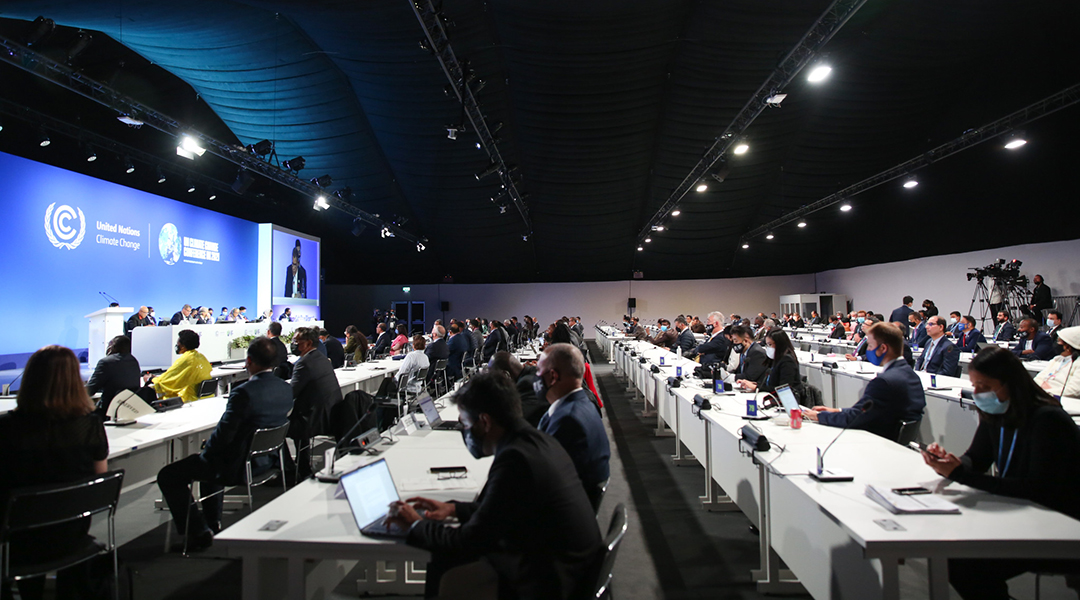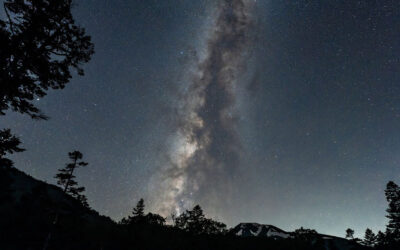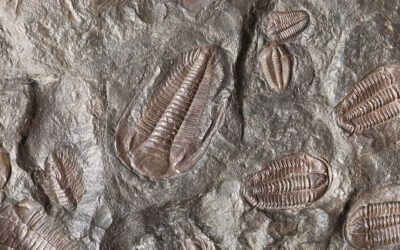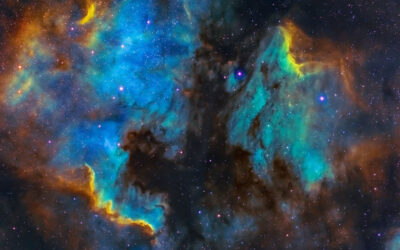Image credit: UNFCCC flickr
Our planet is in crisis. The latest report of the United Nations Intergovernmental Panel on Climate Change (IPCC AR6) confirms that human influence is causing widespread, rapid, and intensifying changes in our weather and climate that are affecting every region on Earth in multiple ways. With every additional ton of carbon we emit, the frequency and intensity of storms, floods, droughts, and fires become greater and the effects on the environment and on human health and civilization become more severe.
As geoscientists and journal editors, most of us have been accustomed to being on the leading edge of human knowledge and understanding of climate change, where we deal in objectivity, uncertainty, and debate, but now we find ourselves at the core of this climate crisis.
It is no longer scientific discoveries at stake, but also humanity itself. This is an uncomfortable place for many of us. We are trained to be dispassionate observers and cautious thinkers, yet the alarming rate of recent climate change impels us to turn our attention directly toward mitigating this impending crisis.
We are making a plea for collective action: We must make the switch to a green economy, put a just and effective price on carbon now, and consider a portfolio of other equitable public investments in climate solutions. These actions will ensure that the true costs and risks of burning fossil fuels are accounted for and global carbon emissions are rapidly reduced. Rich countries must lead the way in making drastic cuts to carbon emissions and in helping low- and middle-income countries to develop sustainably. We are running out of time.
But as scientists, we too can do more than just document and scientifically explain the ongoing crisis — our profession must help lead the way to solutions.
Finding solutions and adapting to change have become not only necessary, but essential in ensuring safe, sustainable, and healthy human communities in the future. The geosciences have an essential role to play in these efforts by pivoting toward more cross-sector, solution-based science.
We are scientists, but we also have families and loved ones alongside our fellow citizens on this planet. The time to bridge the divide between scientist and citizen, head and heart, is now.
The 2021 UN Climate Change Conference, COP26, may be considered our “last best chance” to urge world leaders to come together and commit to keeping climate change and its devastating impacts in check. Unfortunately, current national emission plans and international priorities being discussed at COP26 fall short of the levels of emission reductions needed to avert the most catastrophic impacts of climate change — this needs to change.
Written by: Gabriel Filippelli, Lisa Beal, Harihar Rajaram, Amir AghaKouchak, Michael A. Balikhin, Georgia Destouni, Amy East, Claudio Faccenna, Fabio Florindo, Carol Frost, Stephen Griffies, Matthew Huber, Noé Lugaz, Isabelle Manighetti, Laurent Montesi, Benoit Pirenne, Peter Raymond, Sana Salous, Taylor Schildgen, Susan Trumbore, Michael Wysession, Marguerite Xenopoulos, Minghua Zhang
This article was originally published in AGU’s Geophysical Research Letters and has been modified for this website version.
Access the full article here: Gabriel Filippelli, et al., Geoscientists, Who Have Documented the Rapid and Accelerating Climate Crisis for Decades, Are Now Pleading for Immediate Collective Action, Geophysical Research Letters (2021). DOI: 10.1029/2021GL096644

















